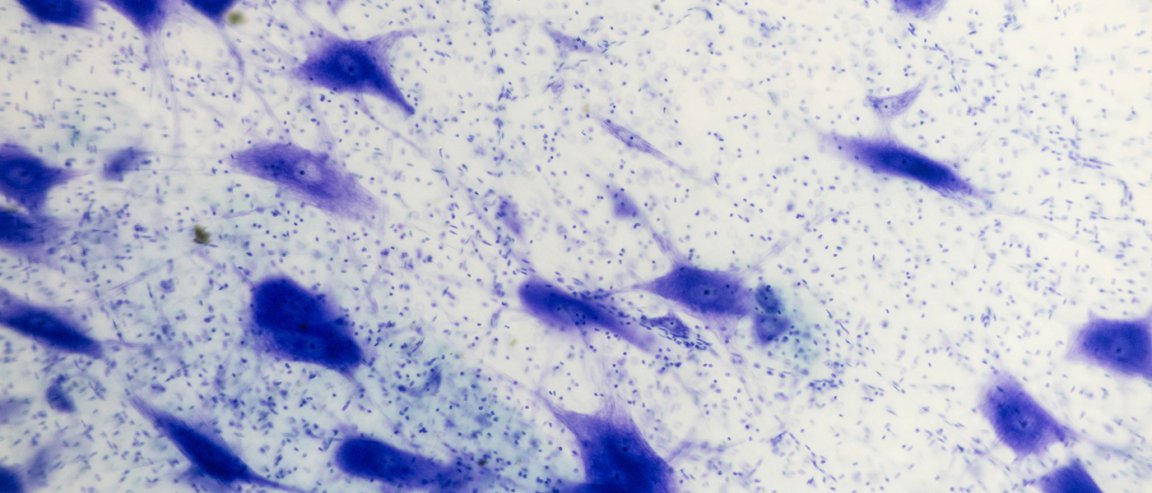
Support Cells Turned Super Cells
Parkinson’s disease is one of the world’s most common neurodegenerative ailments. It causes patients with Parkinson’s to lose dopamine neurons, which are important for the motor control centers of the brain. According to statistics from the Parkinson’s Disease Foundation, there are over 10 million people worldwide who suffer from it, with about 60,000 diagnosed cases in the United States alone.
Researchers from the the Karolinska Institute in Stockholm developed a stem cell-based treatment that doesn’t rely on embryonic or adult stem cells, which are often too difficult to harness and transplant into the brain. Instead, they found a way to reprogram the brain’s astrocytes — support cells for neurons — into dopamine neurons.

“You can directly reprogram a cell that is already inside the brain and change the function in such a way that you can improve neurological symptoms,” senior author Ernest Arenas explained to the Scientific American.
The trick was adding a cocktail of three genes and a small molecule to force astrocytes into becoming dopamine neurons. The treatment was tested on mice whose dopamine neurons in brain were destroyed to simulate Parkinson’s disease. Within five weeks of being injected with this gene cocktail, the mice showed improved and more coordinated movement. These results were published in the journal Nature Biotechnology.
A Novel Approach
While this stem cell approach won’t cure Parkinson’s, it can certainly improve current standard treatments for it. For one, astrocytes are already present in the brains of Parkinson’s patients. Reprogramming these would eliminate the need for donor cells, which run the usual incompatibility risks associated with transplants. Second, the proteins produced in the treatment are involved in normal cellular processes, limiting potential side effects that current drug-based therapies often carry.
“This is like stem cell 2.0. It’s the next-generation approach to stem cell treatments and regenerative medicine,” said James Beck, VP and chief scientific officer for the Parkinson’s Disease Foundation, a nonprofit organization that was not involved with the research.
Still, there’s a long way to go before an actual cure can be developed. “Motor improvement is only half the battle,” Beck said to Scientific American. But winning half the battle is still significant. This new approach, he noted, could ease the management of motor symptoms in potentially millions of Parkinson’s patients. It might also make keeping up with medications simpler for them, potentially reducing the eight or more pills that patients with advanced Parkinson’s often take.
Further research is needed to make sure that this reprogramming method doesn’t change other cells in the brain. Only then would it be ready for human clinical trials. But Beck is hopeful that this study will spur new Parkinson’s treatments down the road. “This is an insight into what the future of Parkinson’s treatment holds,” Beck noted.
Stem cell therapies are revolutionizing Parkinson’s disease treatment, as well as a host of other medical conditions. Many believe that the ability to reprogram cells is a glimpse of the future, not just of Parkinson’s treatment, but of the entire field of medical research.